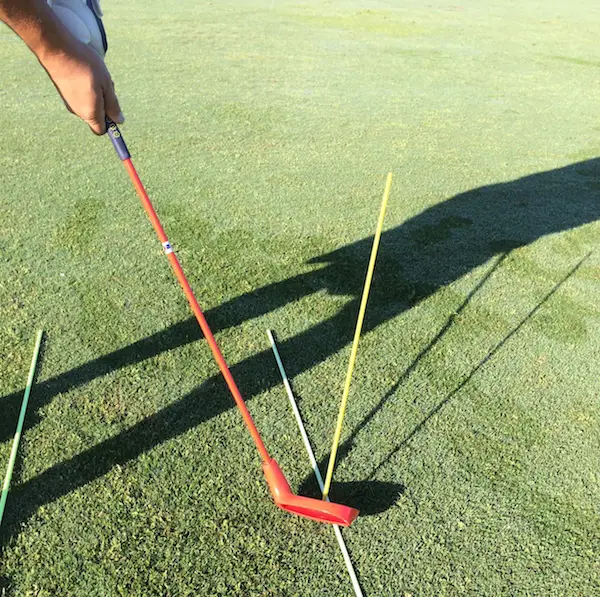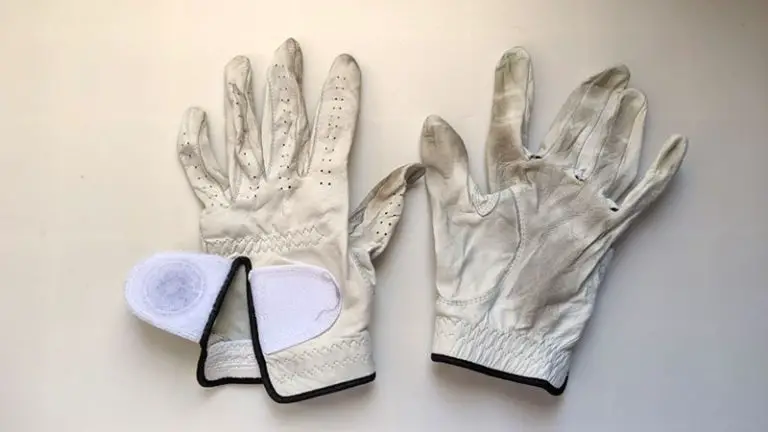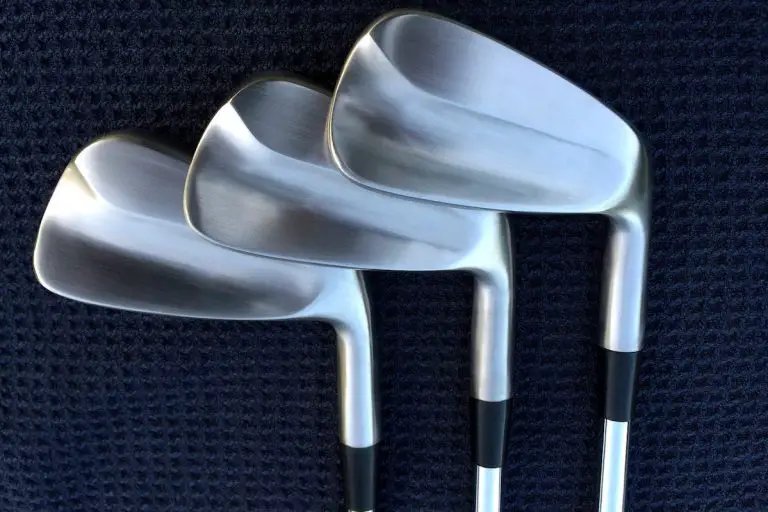Trail Running Shoes For Golf
Golf is a sport that requires precision, technique, and adaptability to varying course conditions. While traditional golf shoes have long been the go-to choice for players, there is a growing trend among golfers to explore alternative footwear options that offer a unique blend of performance and comfort. Enter trail running shoes, a versatile footwear choice that is gaining popularity among golf enthusiasts.
Trail running shoes are designed to withstand rugged terrains, providing excellent traction, stability, and cushioning. Their rugged outsoles and durable construction make them well-suited for navigating uneven surfaces, including golf courses. With their adaptability and performance-oriented features, trail running shoes offer golfers a viable alternative to traditional golf footwear.
In this comprehensive guide, we will explore the world of trail running shoes for golf. We’ll delve into the benefits they offer, including superior traction, shock absorption, and durability. We’ll discuss the key features to look for when selecting trail running shoes for golf, such as weather resistance and comfort. Additionally, we’ll provide maintenance tips to help you prolong the lifespan of your shoes and ensure optimal performance on the course.
Whether you’re an avid golfer looking to enhance your game or someone seeking a comfortable and versatile footwear option, this guide will provide valuable insights into the world of trail running shoes for golf. So, lace up your shoes and join us as we embark on a journey to discover the perfect blend of performance and comfort for your golfing pursuits.

What Are Trail Running Shoes?
Trail running shoes are designed for off-road running on rugged terrains. They are known for their durability, traction, and stability. These shoes are equipped with specific features that make them ideal for navigating uneven surfaces, providing support and protection to the feet.
The Benefits of Trail Running Shoes for Golf
Trail running shoes offer several advantages for golfers, making them a viable alternative to traditional golf shoes. Their adaptability allows golfers to confidently traverse various terrains on the course, from fairways to roughs. The traction and grip provided by the outsoles of trail running shoes ensure stability and prevent slipping during swings and walks. Moreover, the cushioning and shock absorption properties of these shoes offer excellent comfort, reducing fatigue during long rounds of golf.
Cushioning and Shock Absorption in Trail Running Shoes
One of the key features of trail running shoes is their ability to provide cushioning and shock absorption. The midsoles of these shoes are engineered to minimize the impact on the feet and joints, providing a more comfortable experience. They are designed to absorb shock during each stride, reducing the risk of discomfort and injuries.
Waterproofing and Weather Resistance Features
Weather conditions can significantly impact a round of golf. Trail running shoes often come with weather-resistant features such as waterproofing technologies and breathable materials. These features help keep the feet dry and comfortable, even in wet or damp conditions.
Durability and Longevity of Trail Running Shoes
Trail running shoes are built to withstand the rigors of rough terrains, making them durable and long-lasting. The construction and materials used in these shoes provide enhanced protection against abrasion and wear. Reinforced toe caps and protective overlays ensure longevity, even in demanding golfing environments.
Finding the Right Fit and Comfort
Proper fit and comfort are essential for any golf shoe. Trail running shoes offer a wide range of sizes and adjustable features that allow golfers to find the perfect fit. They often come with cushioned insoles, padded collars, and lace-up systems for personalized comfort and support.
Factors to Consider When Choosing Trail Running Shoes for Golf
Selecting the right trail running shoes for golf requires considering various factors. These include the course conditions, terrain, weather patterns, and personal preferences. By understanding your specific needs and evaluating the attributes of different shoe models, you can make an informed decision.
Maintenance and Care Tips for Trail Running Shoes
To ensure the longevity and performance of trail running shoes, proper maintenance and care are crucial. Regular cleaning, drying, and storage practices help preserve the integrity of the shoes and extend their lifespan. Following manufacturer guidelines and using appropriate cleaning products are essential for maintaining the quality of the shoes.
Conclusion: Embracing Trail Running Shoes for Golf
Trail running shoes offer a versatile and comfortable option for golfers seeking enhanced performance and adaptability on the course. Their unique features, including cushioning, durability, and weather resistance, make them well-suited for golfing activities. By considering the specific demands of your game and the course conditions, you can confidently explore the world of trail running shoes and discover the benefits they bring to your golfing experience.
Note: This article provides an overview of trail running shoes for golf and is not intended to replace professional advice or recommendations from golf footwear experts. It is always advisable to consult with specialists to determine the best footwear options for your individual needs.





